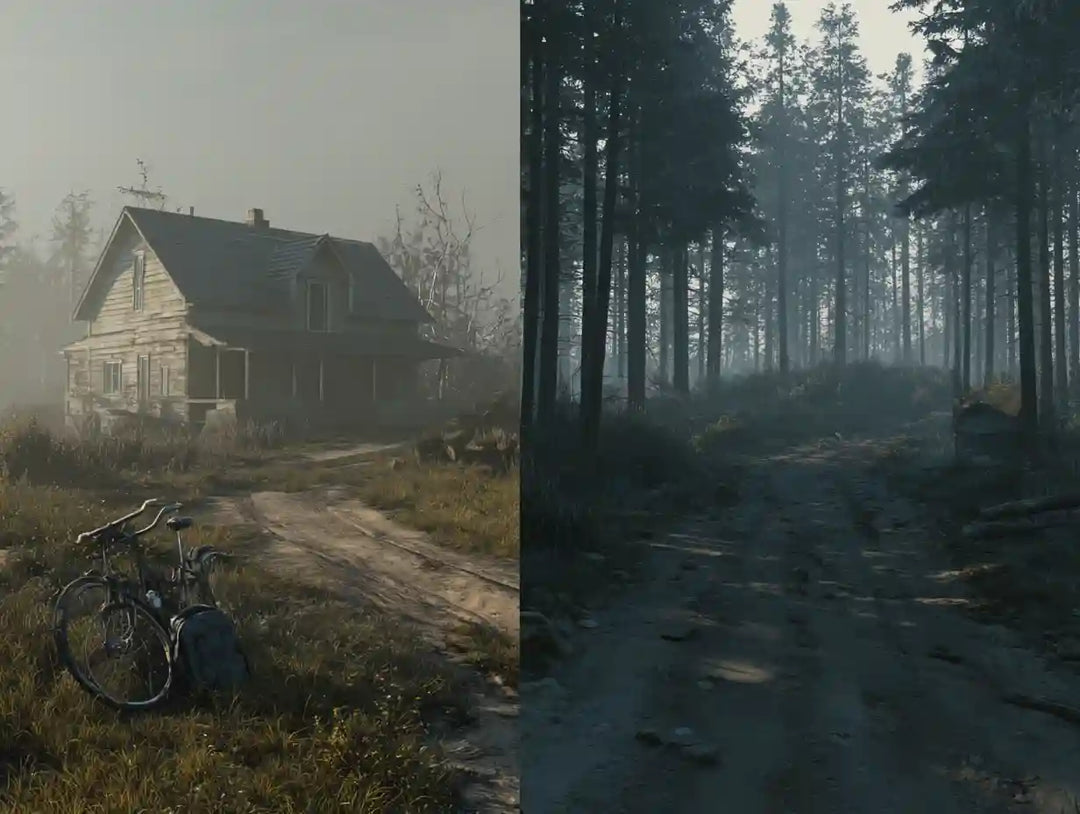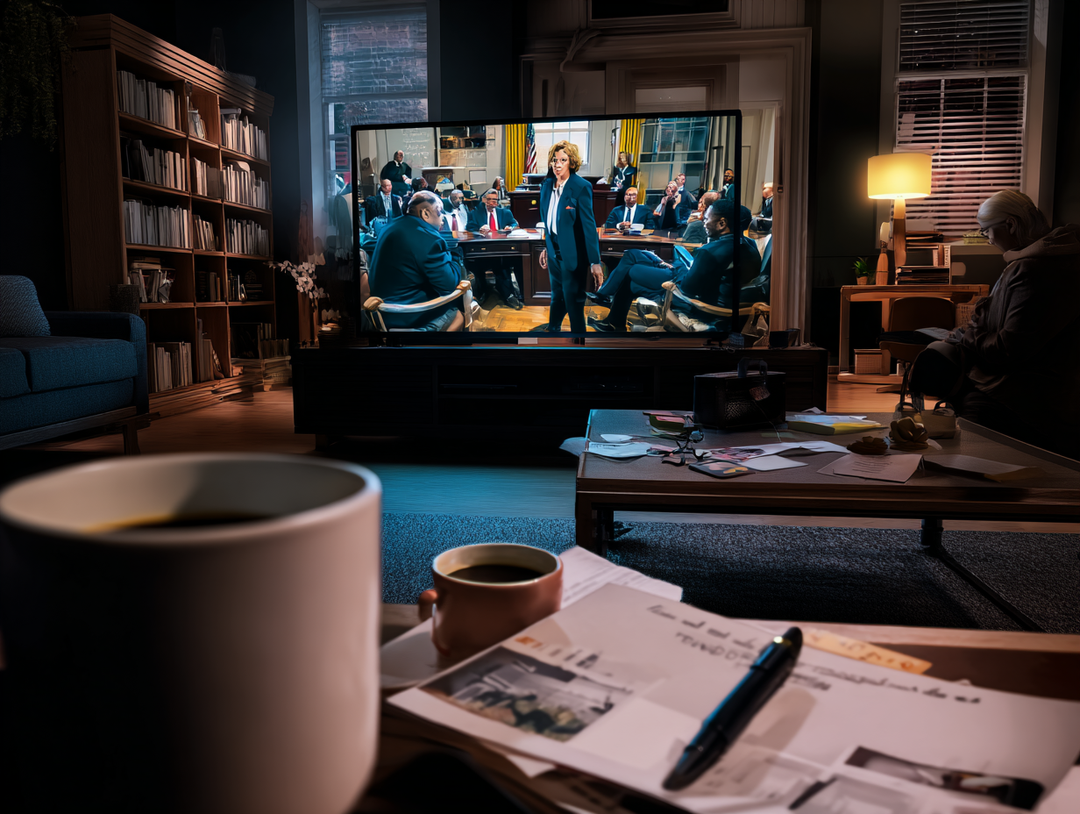Lawyers often cringe at how their profession is depicted in media. True crime fans rarely get a portrayal that aligns with reality. Legal dramas, movies, and books often prioritize drama over accuracy. This creates misconceptions about how lawyers work and what their daily lives look like.
When asked about legal dramas, many lawyers express frustration. Here’s why:
- Legal dramas prioritize entertainment over procedure.
- They often show unrealistic courtroom behavior like constant shouting or emotional outbursts.
- Lawyers usually manage multiple cases, not just one highly dramatic case.
- They violate attorney-client privilege and basic legal ethics for plot twists.
Take a popular example: *My Cousin Vinny.* Lawyers praise its courtroom scenes for their adherence to real-world processes. This makes it an exception rather than the rule. Most legal dramas ignore the constraints of reality. Though *My Cousin Vinny* entertains audiences, it provides moments of legal accuracy worth noting. For those looking to engage in more realistic experiences, murder mystery games such as 1920s Murder Mystery Game offer a fun and immersive way to explore crime solving in a grounded and plausible manner.
Other examples, like *Law & Order,* focus heavily on dramatized, simplified steps in the justice system. Lawyers who have worked in criminal law find these portrayals exhausting. One real-life prosecutor noted how errors appear in nearly every scene. Watching these inaccuracies turns entertainment into aggravation.
Some media even misrepresent the legal field’s stakes. For instance:
- A junior law student interrogating a key witness in *Legally Blonde.* This would not happen in a real court trial.
- Courts shown prioritizing emotional appeals over legal reasoning, leading to inaccurate portrayals of justice.
Lawyers approach their work methodically. Every word in a contract, every detail in a case, and every procedural requirement matters. Legal stories written without understanding this make their audiences misinterpret what lawyers do. Fiction creates unrealistic expectations for real-world legal cases. For fans interested in testing their own critical thinking skills, interactive games like Pirate-Themed Murder Mystery provide opportunities for immersive problem-solving.
Why should this matter to someone who enjoys true crime or legal thrillers? It connects directly to your engagement with crime-based entertainment. Ask yourself:
- How often does a movie or TV series teach you about actual legal procedures?
- Does it align with what you’ve read or heard from real attorneys?
If legal dramas often get it wrong, this complicates how we view cases in real life. Imagine analyzing a cold case. Misleading representations of forensics or legal strategy could steer you toward flawed conclusions. Fortunately, playing Cold Case File Games encourages a more accurate and interactive understanding of investigative techniques.
This also demonstrates why many people enjoy murder mystery games or cold case file games. Unlike legal dramas, these experiences focus directly on problem-solving. They immerse you in realistic challenges, like evaluating evidence or questioning suspects.
How does this help you engage differently with crime-based stories?
- You take control of the case rather than watching heavily dramatized TV shows.
- You learn the pace required to evaluate evidence and theories.
- Games rarely bend rules for entertainment purposes the way TV does.
When evaluating whether you are entertained or informed, consider how much true-to-life effort has gone into what you’re consuming. Games designed to simulate real investigative processes often align more with reality than most films or series.
Fans of true crime and criminal investigations often crave authentic stories. Realism doesn’t mean less entertainment. It can instead provide more value. Murder mystery games focus on this balance. They offer immersive narratives while grounding their rules in real-world plausibility. They engage problem-solving and evaluative skills in ways scripted entertainment does not.







